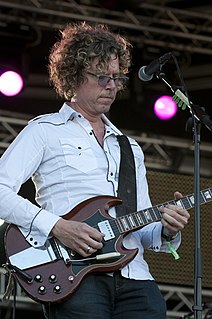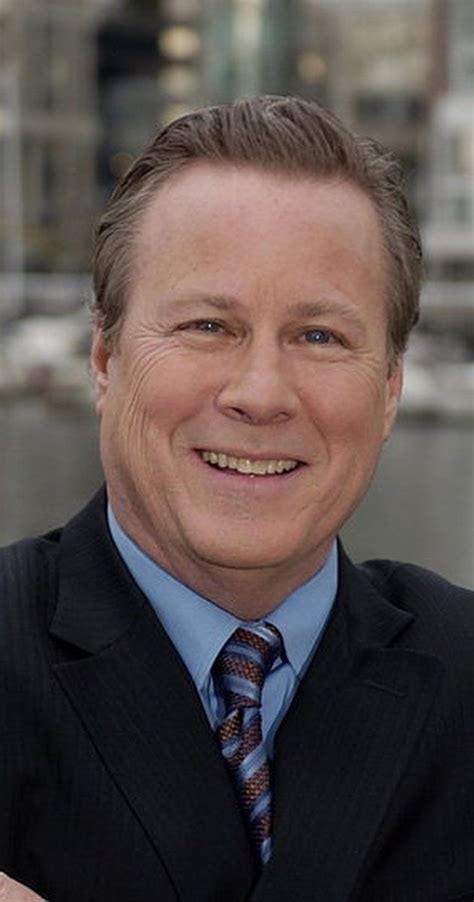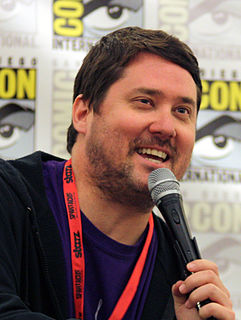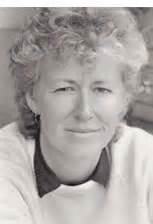A Quote by Sandra Cisneros
When I have a writing workshop, I like to have people that are anthropologists and people who are poking around in other fields, I like to have them all in the same workshop, and not worry about genre. I like to mix it up, because the kind of comments you can get from a fiction writer about your poetry are going to be very different than what you'll get from a poet. Or the comments you'll get from a filmmaker about your performance are going to be very different. My writing workshop is about mixing it up, cross-pollinating, not only in genres but in occupations.
Related Quotes
Writing fiction is very different to writing non-fiction. I love writing novels, but on history books, like my biographies of Stalin or Catherine the Great or Jerusalem, I spend endless hours doing vast amounts of research. But it ends up being based on the same principle as all writing about people: and that is curiosity!
We try to make each situation specific to the person. At the beginning of the season, we come up with, like, 50 to 100 ideas, which we workshop and then we call around to see who is interested in doing something like that. Once we find the people, we make the bid specific to them. A lot of it is about where you can get people to go physically, which is a little tricky because most actors and musicians are kind of hermits-they like to stay in their houses.
A couple of pieces of advice for the kids who are serious about writing are: first of all, to read everything you can get your hands on so you can become familiar with different forms of writing: fiction, non-fiction, poetry, journalism. That's very important. And also keep a journal. Not so much, because it's good writing practice. Although it is, but more because it's a wonderful source of story starters.
Frankly, I get much more sensitive about what's written about me than how I look in a photo. I'm so used to people seeing my image in plays and films that what they think about how I look is none of my business. If they says, "Hey, he doesn't look good," I'm like, Whatever, because I know I look different from day to day. But if you're up there putting your heart into something and people reject your performance, that's very painful. The written word can kick your ass.
I'm trying to honestly do what I want to do, in the most honest way, and not worry about the consequences, because what's the worst thing that can happen? People don't like it, I go home. I'm not going to get hung by my thumbs. And as long as I don't read the reviews or care about what people say on a website or worry about those kind of things, then I'll probably be very happy.
If there's an article about sexual assault, if there's a video about feminism on YouTube, you're going to get the most horrible, disgusting comments ever. And sometimes the comments are pornographic, and sometimes the comments are really harassing. So I think that it's kind of a difficult place for women to write sometimes.
Here's the truth about telling stories with your life. It's going to sound like a great idea, and you're going to get excited about it, and then when it comes time to do the work, you're not going to want to do it. It's like that with writing books, and it's like that with life. People love to have lived a great story, but few people like the work it takes to make it happen. But joy costs pain.
Rip Torn thought I was being a wise guy, and one afternoon he got pretty angry with me after telling me to do something and he thought I was pretending like I didn't know what he meant.But he was very frustrated. He was very frustrated as a director in trying to get his little theater group going. It was called The Sanctuary Theater Workshop, I think, and he wanted to do these classical plays by people like August Strindberg, and he was fighting hard to get his show up and be good and be professional.
I'm finding that writing poetry is strengthening my songwriting, because you're learning to make a piece of writing work on a page with nothing else. I was also finding within poetry I felt a lot more free to write about very different matters, to write about social issues or things that are going on around me.
Obviously, you take the risk to step over the line any time you do something where comedians interact with each other. Like a roast, somebody's always going to cross over the line. As far as the public goes, I like feedback, I like to hear laughter, and I like the occasional pointed heckle, but it's true: Everybody thinks that they need to express their opinion now. There's been this sea change where people are constantly writing to me directly about stuff, where in the past you'd never hear about it, because nobody would try to find you to make one of their stupid comments.
If you want help in starting to write memoirs, you don't want to fall into the clutches of a famous writer who has been hired to teach at a writing workshop solely because of his name's ability to attract students, rather than because of any teaching skill. You should not have to grapple with someone who secretly thinks you should be writing about his life rather than your own.
































